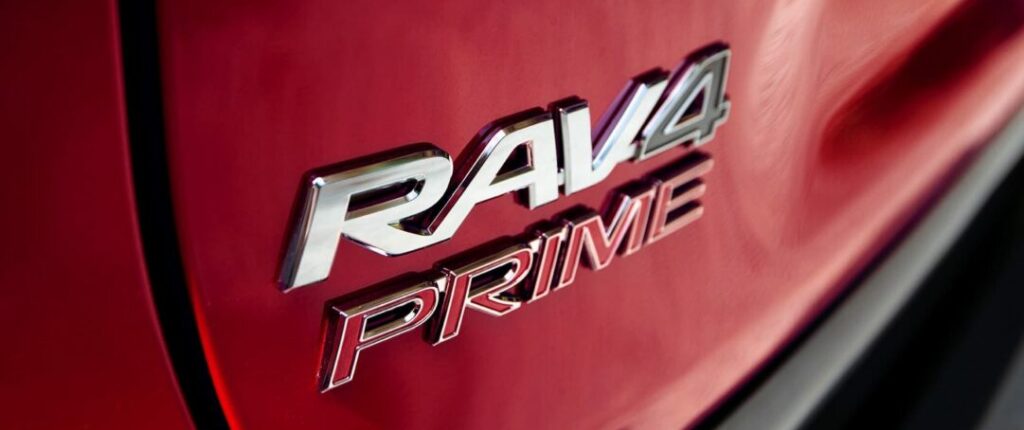By: Tatum Berg
Electric vehicles (EVs) are quickly becoming a popular choice for consumers. There are now many options for EVs, from SUVs, sedans, and trucks. One of the many benefits of owning an electric vehicle is the limited vehicle maintenance required. Over the lifetime of a gas-powered car, the costs begin to add up, from routine servicing, repairs to fuel costs. As a result, the gas-powered vehicle that may have had the lower sticker price upon initial purchase might end up costing more than the EV— especially with luxury models.
Taking care of an electric car is a bit different than a gas-powered car. EVs require specific tires, have a large and expensive battery pack, and sometimes have a regenerative braking system. Understanding the proper care needed will extend the longevity of your EV.
Considering you never have to pay for gas or an oil change again, the EV might sound like the more appealing option. Before you decide anything, take a minute to learn more with our guide to electric vehicle maintenance:
Tires
The tires on EVs tend to wear quicker than gas-powered cars because of the heavier weight and instant torque. EVs are 20-30% heavier than gas-powered vehicles due to the massive battery. EVs also have instant torque, which causes more pressure on the car because the tires push around heavier weight.
It is essential to maintain good tire pressure, routine tire rotations, and alignments to extend the life of your tires. Refer to the vehicle manufacturer’s guidelines for recommended tire servicing, but you should have your tires aligned every six to twelve months, depending on your driving habits. You may also want to consider investing in tires designed for EVs or tires that will be able to handle the weight of your vehicle.
Battery
EVs use a large battery for power. The battery is the most important and expensive component in EVs. It is essential to practice proper battery care and charging to extend the battery’s life.
To maintain and extend the health of your battery, it is best practice to keep the battery’s charge between 20% and 80%. You should avoid frequently charging the battery above 80% and letting the battery deplete under 20%. It is acceptable if you occasionally charge the battery to 100% and drive until below 20%.
For example, if you take a road trip, you may want to charge the battery to 100% to make it to the next charging station. However, for daily use, keep the battery charged between 20% and 80%.
Electric batteries can be sensitive to extreme hot and cold temperatures. You should avoid leaving your EV in the heat for an extended period (anything above +30 Celsius). Cold temperatures can drain your battery. Driving in the extreme cold (-25 Celsius or below) can deplete your battery by 40%.
Even though the battery does not need frequent maintenance, the battery will begin to weaken over time. Once this happens, you may notice less range and power. Check the battery warranty before purchasing, but the vehicle’s warranty should cover battery replacement for eight to ten years or 185,000 km.
Brakes
Some EVs use a regenerative braking system, allowing brake pads and rotors to last twice as long as gas-powered vehicles. Regenerative braking systems use kinetic energy from the car to slow it down. This system causes less wear on the brakes, thus leading to an extended lifetime of the brakes.
Fluids
Although you will never have to change your oil again, there are still other fluids in EVs that need regular top-ups:
- Depending on the make and model of your vehicle, the brake fluid should be changed every two years.
- Following your owner’s manual, you should check and replace your coolant regularly.
- Refill your windshield washer when it runs low. To be ready for all weather conditions, replace your windshield wipers twice a year.
Cabin Filter
To keep the air in your vehicle clean, replace your cabin filter once a year.
Update Software
EVs are the cars of the future with technology from the future. Keeping up with software updates will help your car run at its proper standard and allow you to enjoy all the high-tech features of your EV.
At Birchwood Toyota, our Product Advisors are here to help you find the best vehicle for you and your lifestyle. Click here to view our inventory, and to get connected with a Product Advisor today!
Happy driving! Let us know your favourite electric vehicles by tagging us on Instagram @birchwoodtoyota


